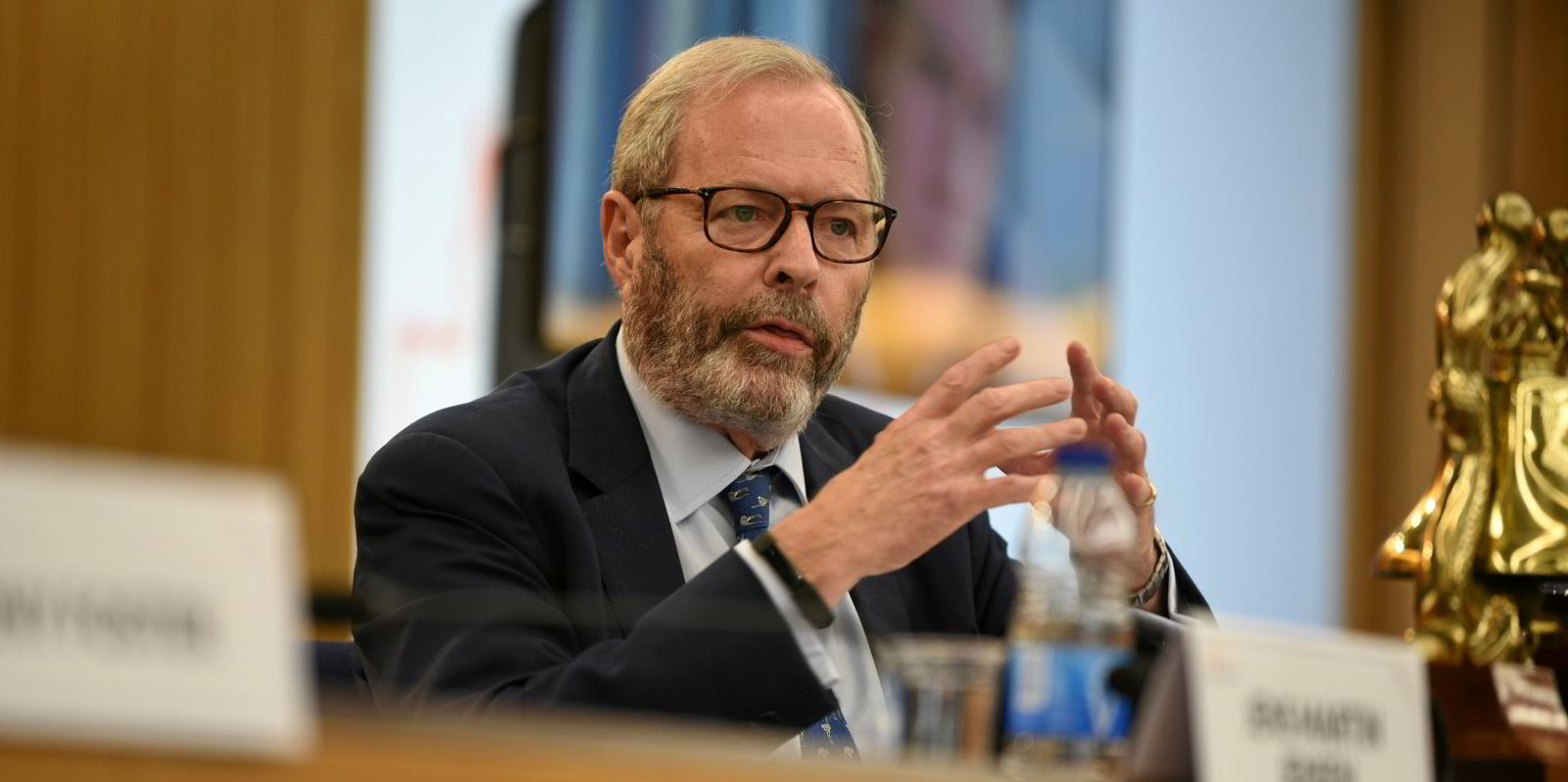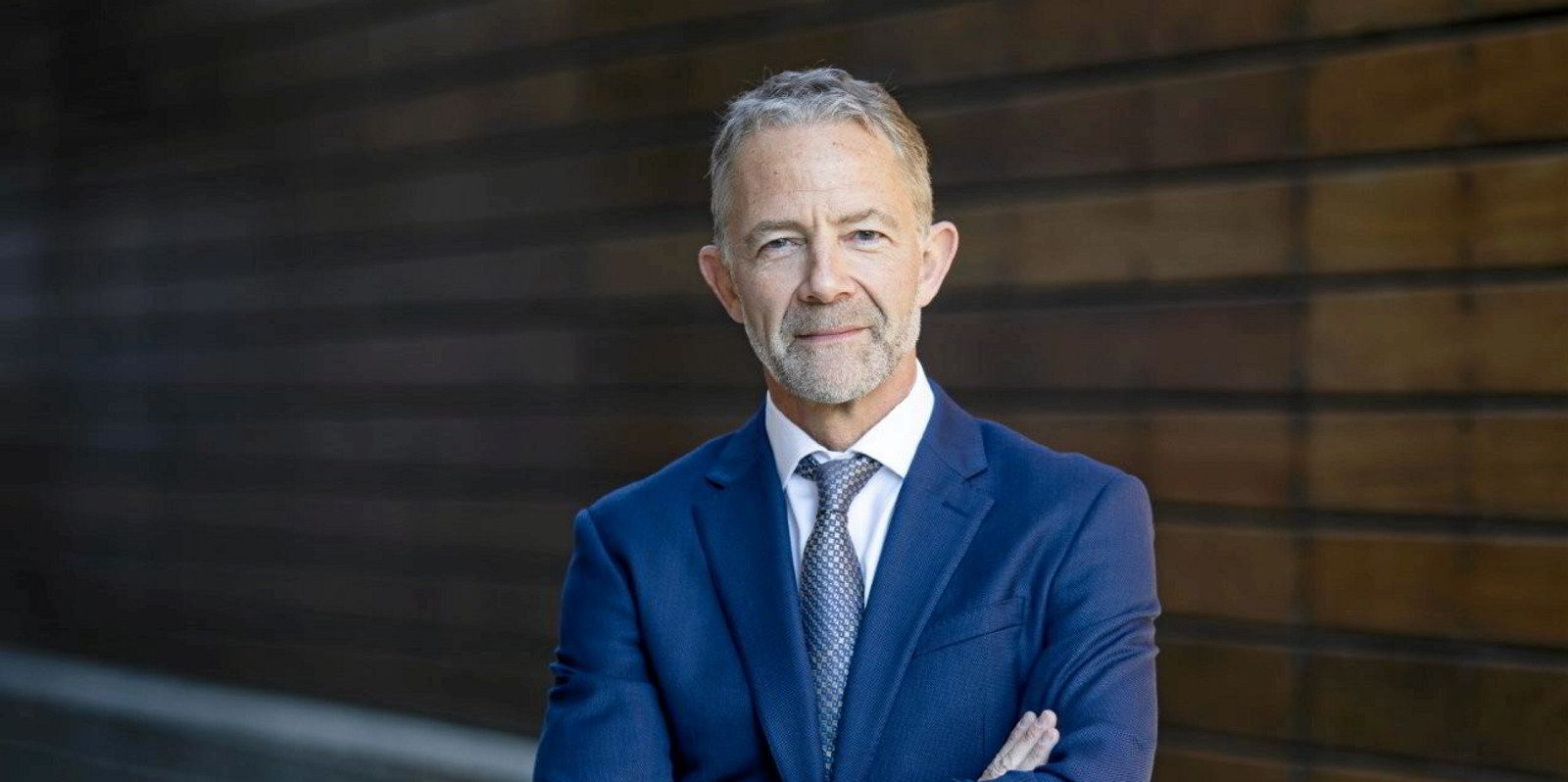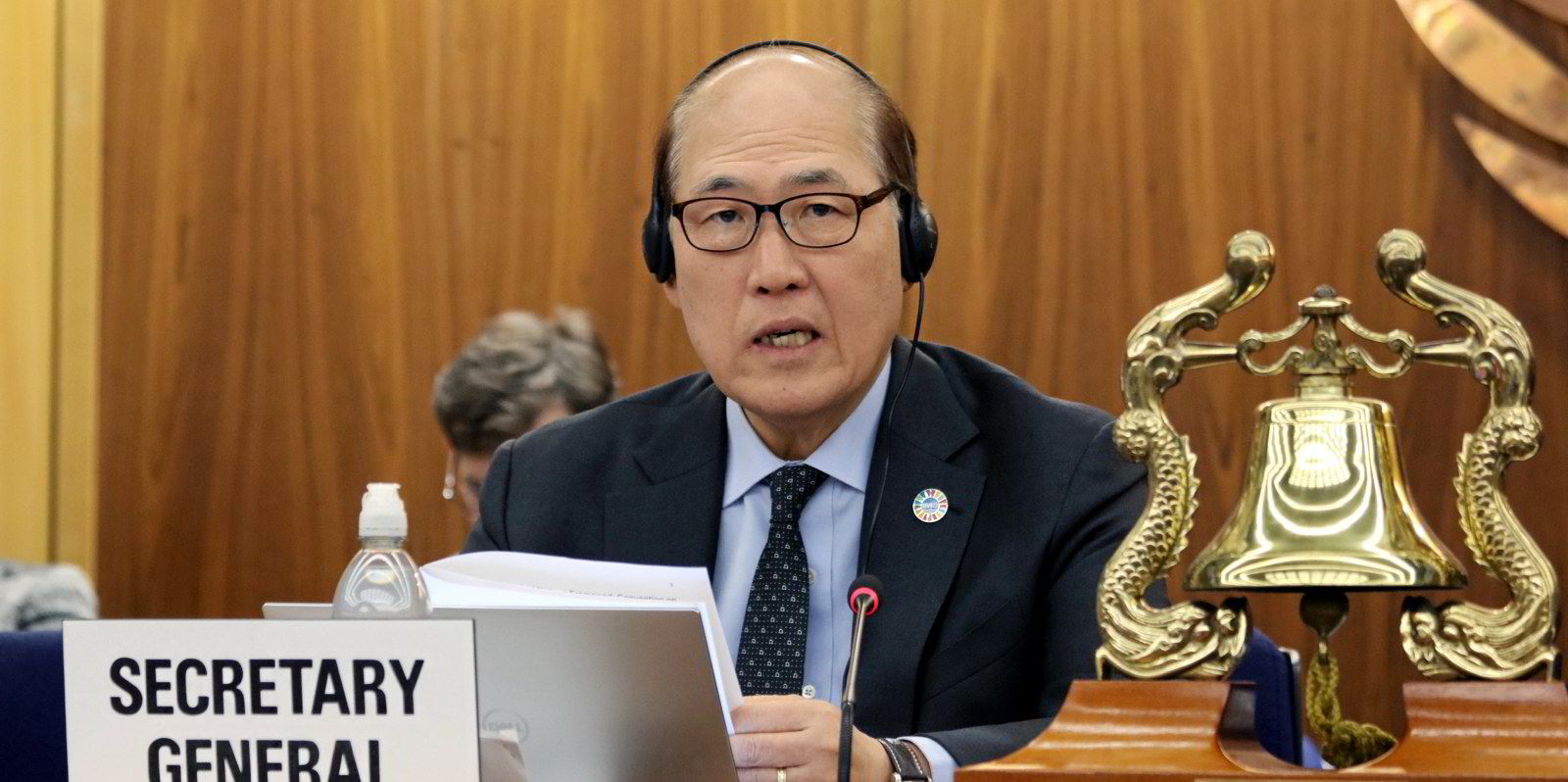The International Maritime Organization would jeopardise the shipping industry’s push to comply with the Paris Agreement on climate change if it fails to adopt deeper emissions targets this summer, Poseidon Principles chairman Michael Parker has said.
Speaking at the Connecticut Maritime Association’s annual conference on Tuesday in Stamford, the head of Citi’s shipping business said the industry is moving forward on decarbonisation with or without its international regulator — but still needed leadership from the IMO to reach global goals on climate change.
“We will not be decarbonising fast enough,” Parker said, adding that “we will not be able to meet the Paris goal” of limiting global temperature rise to 1.5 degrees.
“The great concern is that if it does not announce this increased ambition ... the private sector isn’t going to wait for the regulator.”
As it stands, the IMO’s goal is to slash greenhouse gas emissions by 50% by 2030, from its 2008 baseline levels.
But the agency’s Marine Environment Protection Committee is set to meet in July and will consider adopting a resolution to lower that goal to absolute zero or net zero by 2050.
A growing number of countries support the measure and green groups are pushing for more stringent targets, but many middle-income nations are opposed due to concerns over cost.
But Parker said initiatives such as the Poseidon Principles, where banks agreed to benchmark their portfolios against global emission cut targets, and other similar ones from cargo owners and insurers are committed to net zero by 2050.
He said banks were under increasing pressure from regulators and shareholders to factor in environmental, social and corporate governance standards and climate risk into their lending practices.
In order to do that, he added that the bank would have to take a long look at who they do business with.
“This is the key point I want to make: Now we’ll have to make the key decisions on how we do business and who we do business with,” Parker said.
“We know if we’re going to do the right thing for the environment, the industry is going to have to do its bit.”





